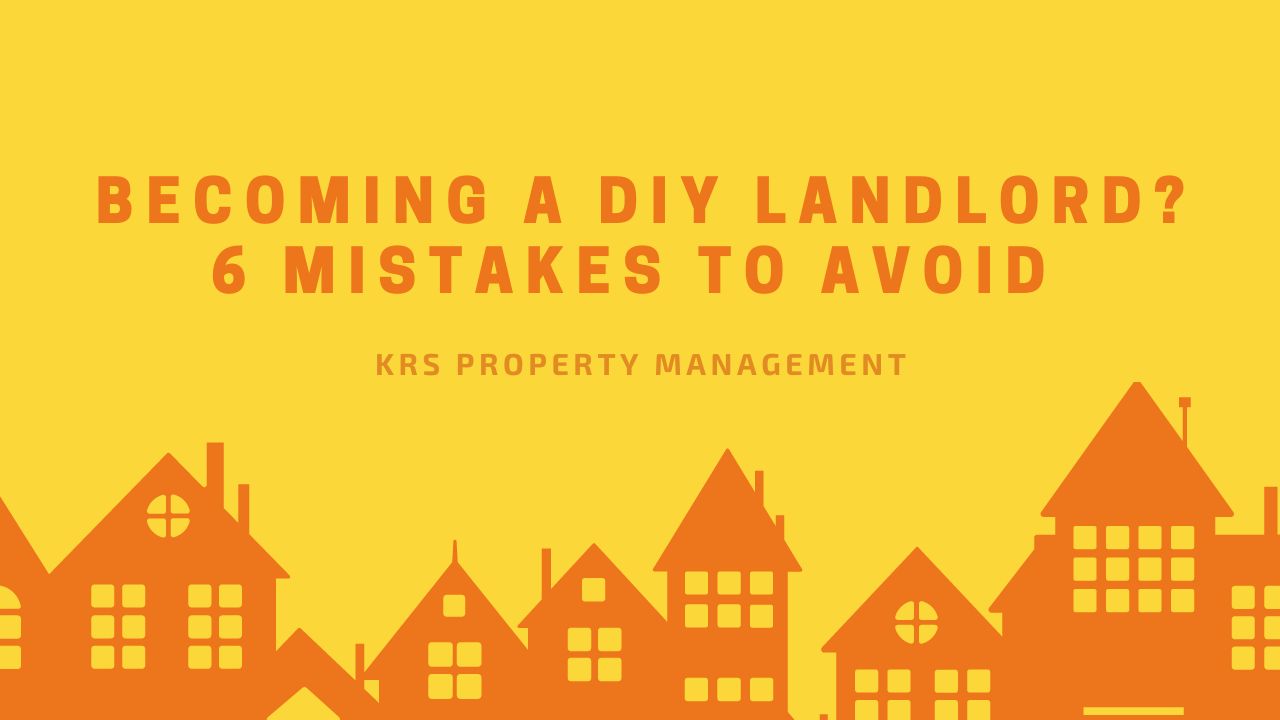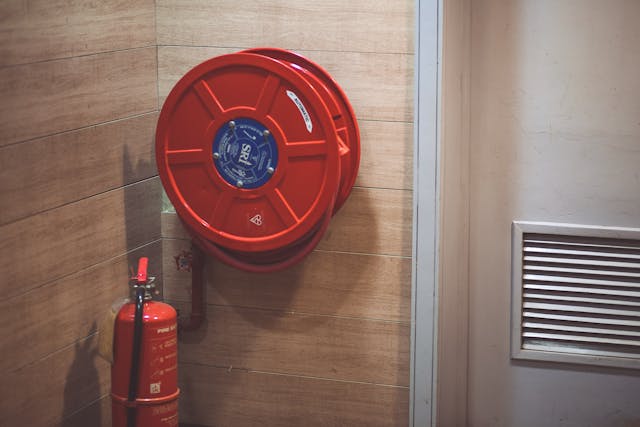
First time landlords may think that running a rental home is a breeze. You just advertise, accept a renter, and collect the rent. Unfortunately that’s the most basic overview of managing a rental home. It requires learning skills and following specific practices.
Without a clear outlook of your responsibilities as a landlord as well as a tenant's responsibilities, you can end up facing many risks and may even be legally liable in some cases. While some mistakes won’t be costly, some can damage your reputation and lead to a financial loss.
It is best to be well-versed with your state and local laws to prevent making errors. Below are tips that can guide DIY landlords in managing their property investments:
1. Proceeding Without a Rental Agreement
Creating a lease agreement can take a lot of time for new landlords. You need to ensure that your conditions are compliant with laws and regulations. You may think that renting your unit to friends or family members excuses you from crafting a contract, but that can leave you open to legal issues.

Failing to write down your rental terms and conditions in black and white can lead to potential problems. A resident may agree initially to replace light bulbs but may deny them later. If you don’t have a signed agreement, it can be hard to prove that you agreed on a specific item. It is much better to protect your relations by having a solid agreement.
In addition, it is easier to enforce an agreement when you have a written lease to guide the residents. In case a renter files a lawsuit, you can also present the lease as evidence of the mutual agreement between all the parties.
2. Failing to Perform Regular Property Inspections
As the landlord, you are expected to present a habitable living space for renters. If you skip running consistent inspections, you can end up missing out on signs of property damage. In the long run, this can result in hefty repair costs.It is much better to dedicate time to checking potential property issues to prevent emergencies from occurring.
Some damage may be unreported so it is best to do regular checking. If item damage results from normal wear and tear, you also must fix or replace it.
3. Skipping Screening of Renters
Before welcoming new residents, it is best to review their tenant history and run credit checks. Tenant screening is critical if you want to find a good match for your rental space. You can easily create a rental application form for tenants to provide the required information.

Avoid being swayed by a candidate and take time to evaluate whether they fit your criteria. They can offer to start tenancy right away and pay the security deposit but it is best to make a proper assessment to avoid future problems.
4. Postponing The Eviction Process
DIY landlords have often built close relations with their renters and this can sometimes affect their judgment. They may fail to acknowledge that they are running a business by allowing a renter to stay even if the renter is delinquent in paying the rental dues or violated the lease agreement.
Rather than risking business losses from unpaid rent and facing tenant turnovers if there are many complaints against one renter, it is best to decide quickly what the next course of action is. Consider consulting with a lawyer to ensure you are following the legal process.
5. Ignoring The Safety Standards or Housing Codes
Keeping your tenants safe is crucial, ensuring there are not too many people residing in the rental and staying up to safety standards is necessary. You are also expected to comply with health and safety standards.

A fire extinguisher, alarm, and smoke detector are also required to keep everyone safe when a fire breaks out.Adhering to safety standards protects you from legal liabilities and minimizes conflicts and potential lawsuits from renters.
6. Being Unprepared For Property Vacancies
There are instances when your rental unit may be unoccupied and this can require dipping into other funds since maintenance expenses still pile up even with no renters. Landlords must be ready for vacancies by setting aside some funds.
If you are paying a monthly mortgage, then it is best to have at least three months of funds you can use. Then you can put aside time for detailed tenant screening that limits the occurrence of stressful situations in the future.
Bottom line
DIY landlords are faced with many challenges, especially if they are new and inexperienced. While time can teach you the best solutions, you also want to avoid costly errors. You can choose to hire a professional property manager like KRS Property Management to support your rental operation.
Property Manager is an investment considering the broad range of services and professional expertise you receive. Contact us today if you want a dedicated support team to help you market your rental unit, collect the rent on time, draft solid leases, screen renters thoroughly, maintain the rental space regularly, organize rental records, and provide financial reports.






